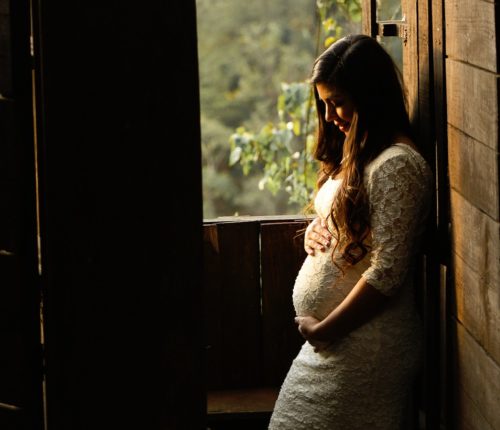
How Birth Injuries Affect Mothers
While an infant with a birth injury may have a number of long-term disabilities, mothers may also have injuries from childbirth. These injuries often shape a significant part of a mother’s life. If you are a mother who was injured during labor or delivery due to medical negligence, you have a right to seek legal guidance. Furthermore, if your case warrants a lawsuit, you may also be eligible to pursue compensation for your injuries.
Physical Birth Injuries
The physical effects of a birth injury on a mother are usually pretty easy to identify. When a doctor or other medical staff person makes a mistake and leaves a visible mark on the mother’s body, there is an obvious sign that something went wrong. Examples of things going wrong include:
- Abnormal uterine bleeding
- Broken bones
- Bruising
- Common peripartum emergencies
- Uterine rupture
- Fissures
- Infection
- Preeclampsia or eclampsia
- Uterine hyper-stimulation
- Vaginal tears or lacerations
- Wrongful death of the mother
None of these birth injuries should happen to the mother when she is trusting properly trained medical professionals. Several, if not all, of these birth injuries could mean additional surgeries, therapies and medications for the mother. All of which cost the family extra unforeseen expenses, not to mention the distraction from being able to immediately nurse and care for the newborn.
Mental Birth Injuries
While physical birth injuries can be expensive, painful and unwanted, perhaps the worst birth injuries to mothers are mental birth injuries. Mental birth injuries may last longer and cost more money in therapy as the mother copes with the long-term effects of a birth injury.
Mothers who struggle with mental birth injuries struggle through understandable stress and are more likely to suffer from depression. Mothers are also likely to experience post traumatic stress disorder (PTSD). Mothers who struggle with PTSD are known to have depressive behavior and may need to undergo therapy or use medication to be able to move past the event. Some mental birth injuries are so debilitating that mothers can’t even care for their new baby – a baby with a birth injury who requires a lot of special care.
Care for Mothers with Birth Injuries
There are number of things that can help a mother with a birth injury. If the mother has PTSD, she can undergo treatment with a therapist and try medication if applicable. If the mother doesn’t have PTSD but still needs to find a supportive, therapy-like environment, there are support groups for mothers with birth injuries. There are also support groups for mothers of children with specific birth injuries, such as cerebral palsy.
The best thing for the mother is to find a support system, whether she finds it through a tightly-networked family, support groups, or therapy. Ultimately, it’s important for mothers to realize that their care is just as important as the child’s care. After all, who can look out after the child if the mother can’t look after herself?

